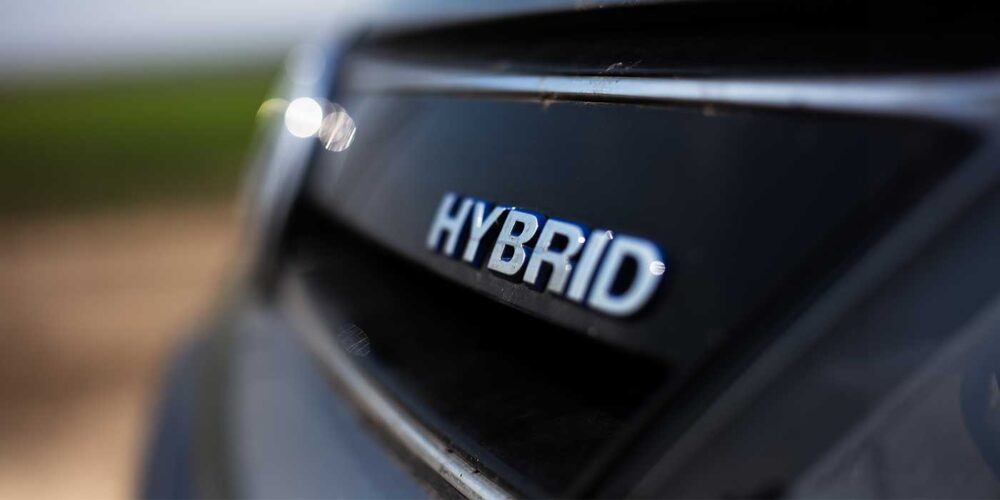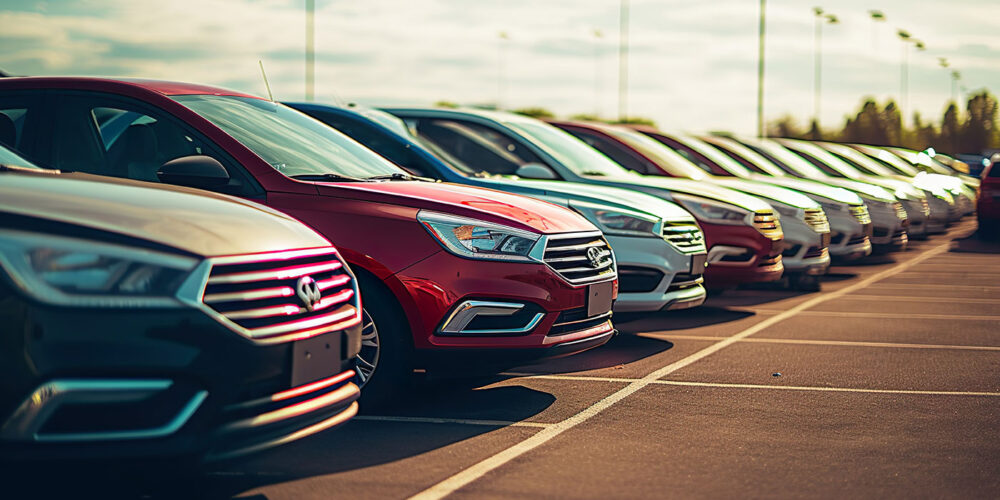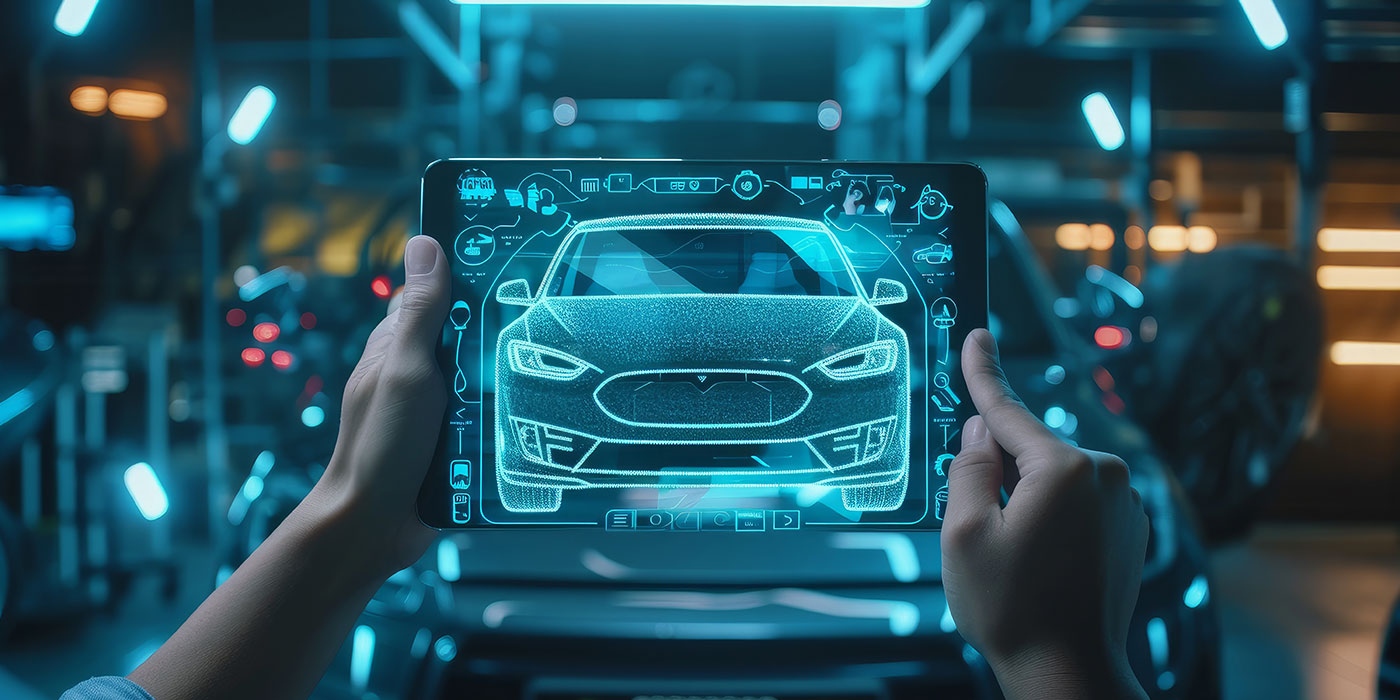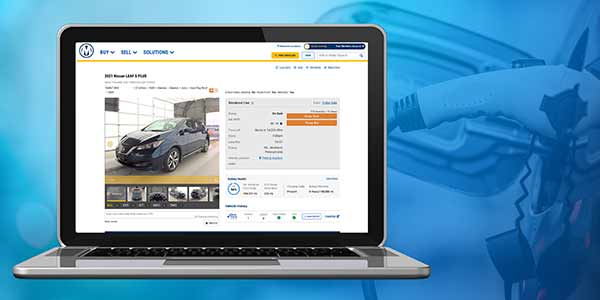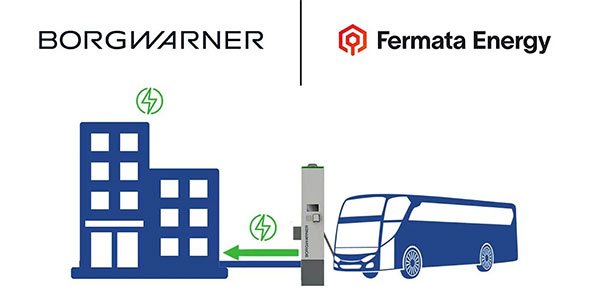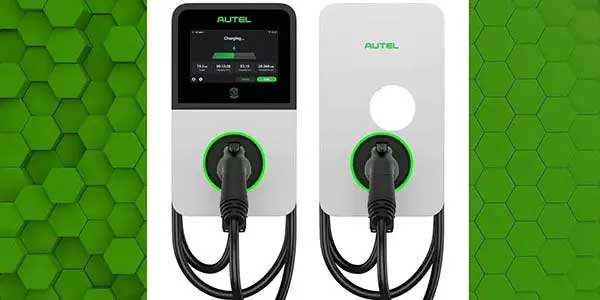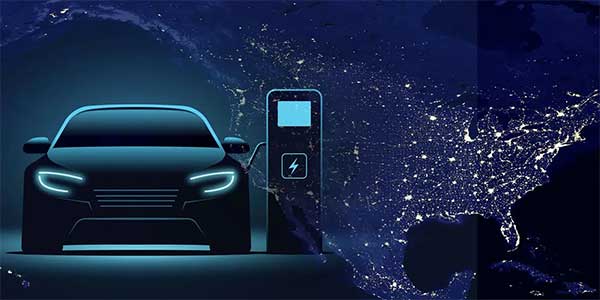Co-op advertising can reacquaint consumers with eco-friendly option.
Electric vehicles (EVs) have dominated headlines over the past several years, telling consumers the future is EVs, with all other alternatives a thing of the past. And for a time, the headlines rang true, as EV sales gradually rose. Automotive manufacturers also touted the rise of EVs, with many making lofty projections of skyward sales and lessening reliance on traditional internal combustion vehicles.
EV sales last year reached 7.6% of the U.S. market, according to Kelley Blue Book. That’s a far cry from the promised dominance of EVs. There are many reasons why EV sales have not increased as quickly as expected. Among them are the lofty prices of EVs — largely due to expensive lithium-ion batteries — lack of charging infrastructure and limited range.
In response to slowing sales, many automakers have dialed back on EV projections, with some beginning to focus on hybrid electric and plug-in hybrid electric vehicles. This type of vehicle, which has an internal combustion engine and an electric motor, is familiar to the market. The Toyota Prius and Honda Insight first went on sale in the U.S. in the late 1990s. The technology is already proven and five years ago Toyota made its hybrid technology patents available to any manufacturer who wanted to utilize them.
Now the question arises how to lure consumers to hybrid vehicles after years of touting EVs as the second coming. In some ways, it may be reminding consumers that hybrid vehicles are still viable options; they may have forgotten that some automakers are still producing hybrid models. For others, it may be educating them on the benefits of hybrid vehicles — the ability to utilize battery power but switch to a gasoline-powered internal combustion engine when needed, alleviating charging and range anxiety concerns.
Here’s where third-party vendors can step in and help guide automakers and dealerships on this journey. Together, automotive manufacturers and channel marketing solutions can take a variety of approaches, including launching a series of events and digital campaigns, showcasing the synergy between hybrid technology and sustainability. This collaborative effort could not only revitalize consumer interest but also position auto dealers as advocates for a greener future, highlighting the dual advantages of hybrid cars: fuel efficiency and environmental responsibility.
By cleverly blending digital and traditional marketing channels, this type of campaign has the potential to reach a broad audience. Dealerships could host eco-friendly events showcasing hybrid models to further strengthen the connection between consumers andgreen initiatives. They also could team up with influential environmental influencers and local eco-conscious businesses to craft a compelling narrative around the benefits of hybrid cars.
Additionally, leveraging shared resources, manufacturers can provide exclusive incentives to customers who test drive or purchase hybrid vehicles from participating dealerships. This dynamic co-op advertising strategy can not only elevate the appeal of hybrids but also demonstrate the industry’s dedication to a cleaner, more sustainable future, maintaining the same messaging used to promote EVs.
In unison with hybrid co-op campaigns, dealers, manufacturers and third-party vendors can continue to tout the benefits of EVs as the technology matures, prices reach parity with their gasoline-powered counterparts and an adequate charging infrastructure takes form.
Amidst this backdrop of slowing EV sales, auto dealers can navigate a new path to hybrids by embracing co-advertising to rekindle interest.

